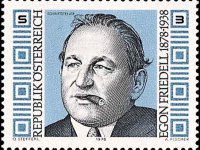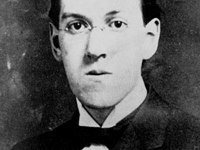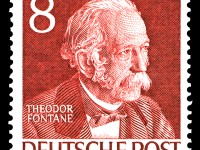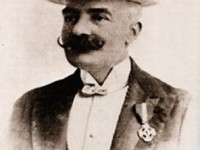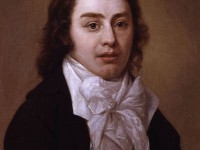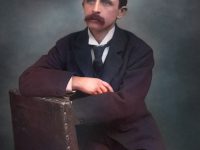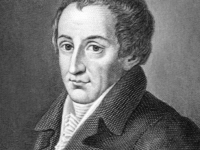Egon Friedell’s Fascinating Cutural Histories
On 16 March 1938, at about 22:00, two SA men arrived at the house of prominent Austrian philosopher, historian, journalist and critic Egon Friedell to arrest him. While they were still arguing with his housekeeper, Friedell committed suicide by jumping out of the window. Before leaping, he warned pedestrians walking on the sideway where he hit by shouting “Watch out! Get out of the way!“. This was the tragic end of a brilliant…
Read more

